Results
-
 £76.99
£76.99Last Call (Brass Band - Score and Parts)
Last Call was commissioned by and written for Brass Band Ober?sterreich (Austria) as a special concert finale. Austrian composer Otto M. Schwarz was asked to write an encore piece with which the band could really show off. Featuring all the sections of the band in turn, your audience will surely be dazzled by their skills! 05:10
Estimated dispatch 7-14 working days
-
 £42.95
£42.95SPECIAL PLACE, A (Brass Band) - Richards, Goff
Duration 3:34 Recorded on Polyphonic QPRL222D And the Band Played On
Estimated dispatch 7-14 working days
-
 £60.99
£60.99Tale Spin Theme (Spin It!) (Brass Band - Score and Parts)
In addition to many classic animated films the Disney Corporation has also produced many great programmes especially for television. Many of these are broadcast in the USA on a special children's series called 'The Disney Afternoon'. Old and young alike will recognise the melody from this classic Disney theme tune, and will be enchanted by its mesmerising Latin groove. 03:30
Estimated dispatch 7-14 working days
-
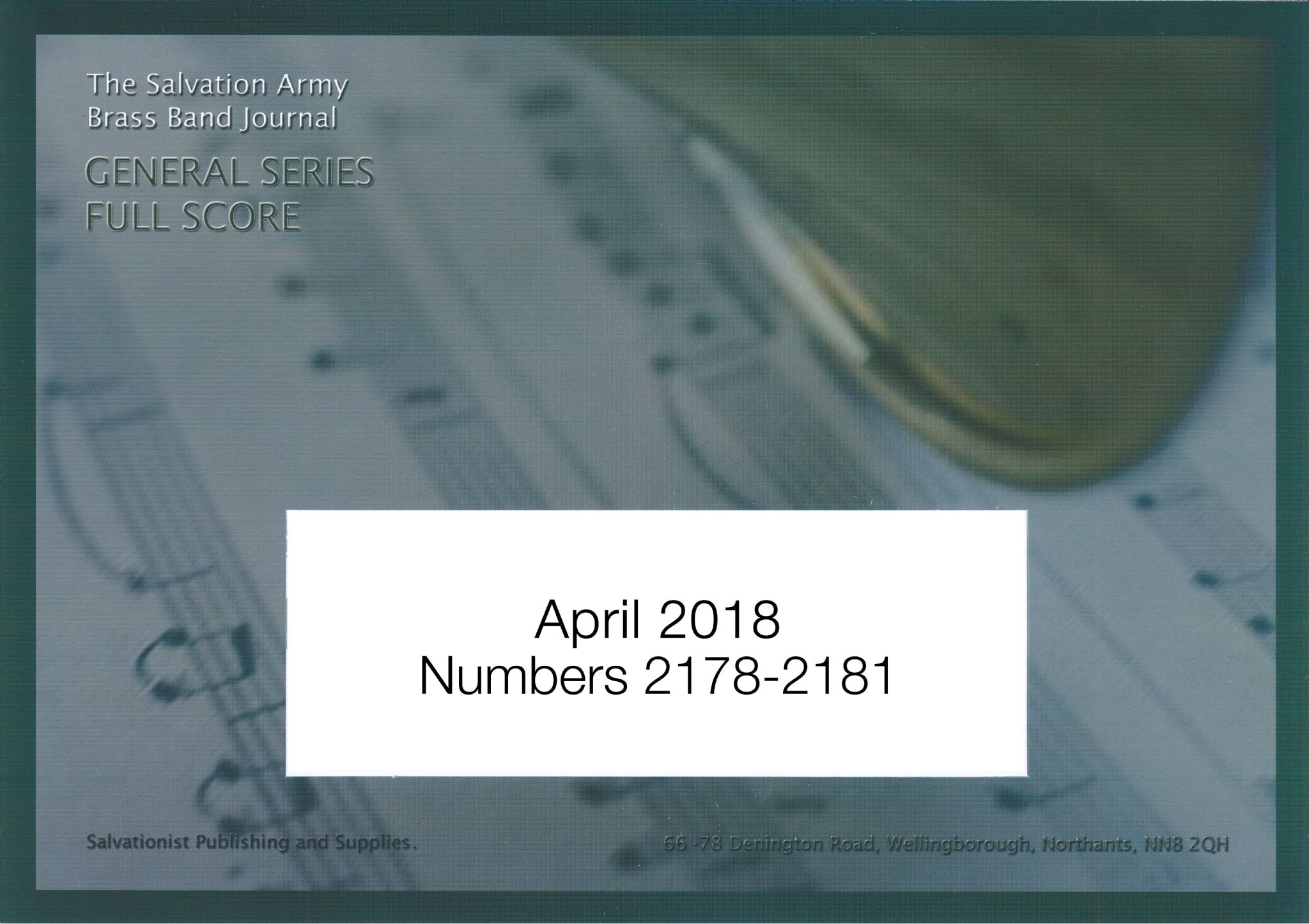 £70.00
£70.00General Series Band Journal April 2018 Numbers 2178-2181
2178 - A special moment (Steven Ponsford)2179 - Legacy (James Curnow & William Himes)2180 - All to Jesus (Roger Trigg)2181 - High over all (Sam Creamer)
Estimated dispatch 7-14 working days
-
 £24.50
£24.50Praise My Soul - John Goss - Andi Cook
This special arrangement of the well-known hymn tune was crafted by arranger Andi Cook for his recent wedding, to be played by an all-star group of players made up of instrumentalists from Grimethorpe, Black Dyke, Hepworth, Faireys & EYMS. Whilst originally scored for a congregation to sing along to, with optional organ part (included in this publication), Andi had in mind that no one really likes to sing at weddings, and so the final verse was written to wow the congregation and show his wife's family the awe-inspiring sound a brass band can generate. Since then, this arrangement has been used several times and has found favor with adjudicators, winning best hymn tune at the Morley Contest and the Brighouse Contest this year. The work is a perfect addition to any bands repertoire, working perfectly in all manners of occasions.
In Stock: Estimated dispatch 1-3 working days
-
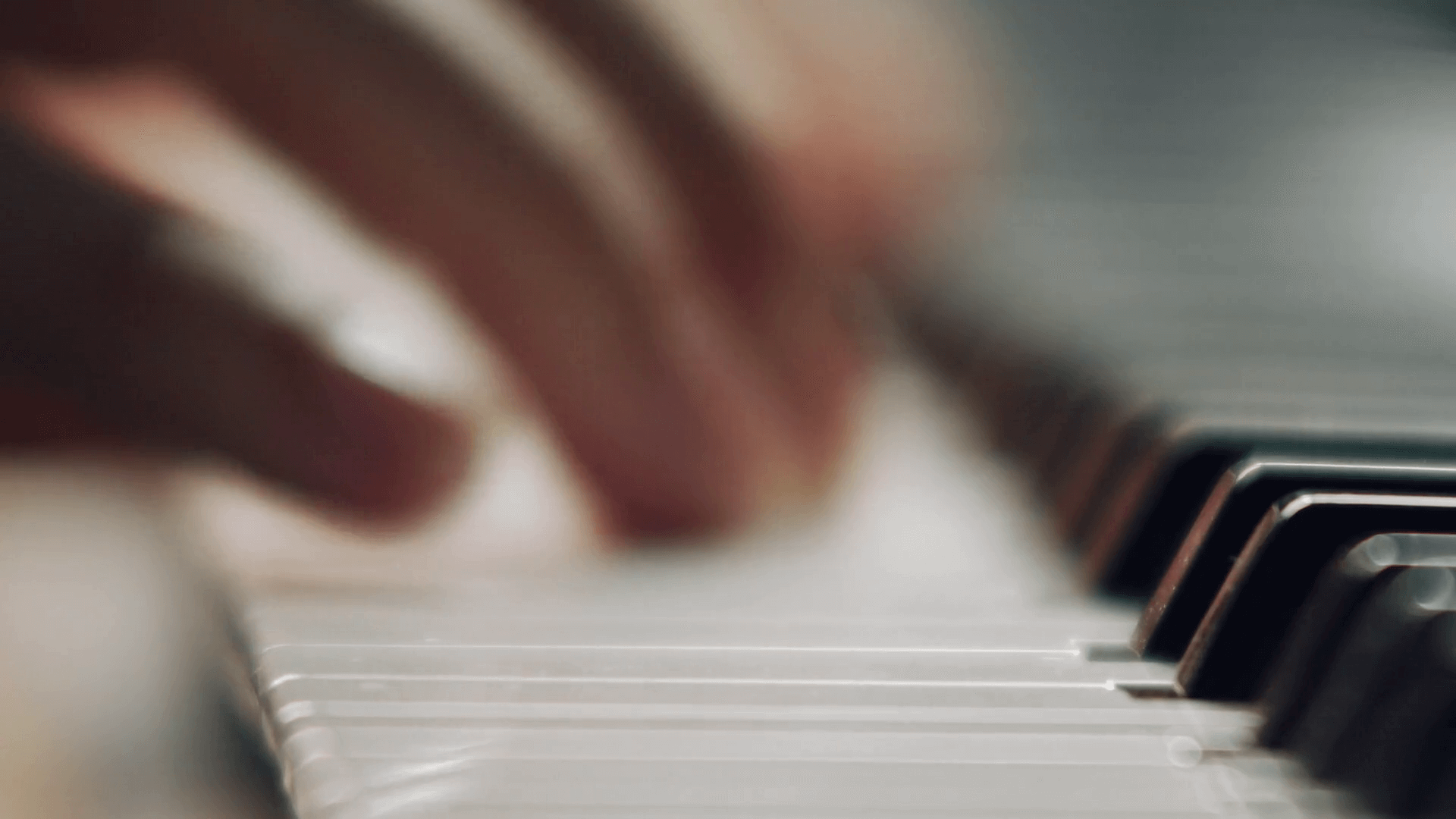 £24.50
£24.50Tournament Gallop - L.M.Gottschalk - Adam Rutter
All performers love a showpiece, and if there isn't one available, they write their own. American born Louis Moreau Gottschalk was a child prodigy and became famous for writing and performing his own piano compositions. Now it's the turn of your band to show off to the crowds with a performance of the 'Tournament Gallop'. Arranged by Adam Rutter, the piece is largely marked 'Presto', though in reality, the idea was that Gottschalk would perform the work as fast as humanly possible! An entertainment special and one audiences will love.
In Stock: Estimated dispatch 1-3 working days
-
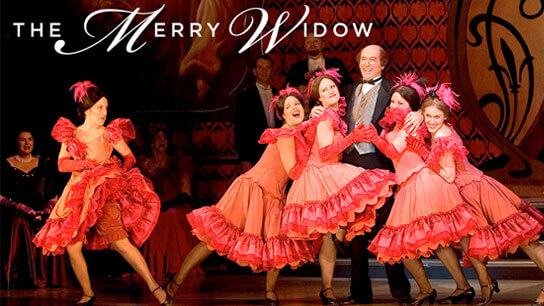 £24.50
£24.50Vilja (From 'The Merry Widow') - Franz Lehar - Andi Cook
This special new release is a specially commissioned arrangement by Andi Cook for the Grimethorpe Colliery Band and in particular, their soprano cornet player, Kevin Crockford. Recorded and released on the bands new CD "Grimethorpe By Request", this lively piece of music from "The Merry Widow" is within the reach of most soprano players and is not too technically challenging. A certain delight for the audience and a welcome addition to any soprano cornet player's repertoire.
In Stock: Estimated dispatch 1-3 working days
-
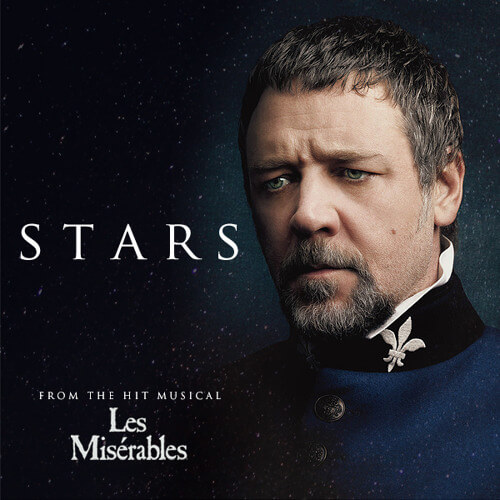 £29.50
£29.50Stars - Schoenberg - Andi Cook
This special arrangement by Andrew Cook was a commission by Rob Westacott to perform with the world famous Grimethorpe Colliery Brass Band. The musical Les Miserables is the 3rd longest running show in Broadway history. The superb arrangement captures all the feelings of the original work and was given its debut performance at Parr Hall in Warrington on Saturday 27th March 2010. The work, arranged for one of the greatest cornet players, with one of the world's greatest brass bands, is a must in any cornet soloist's repertoire.
In Stock: Estimated dispatch 1-3 working days
-
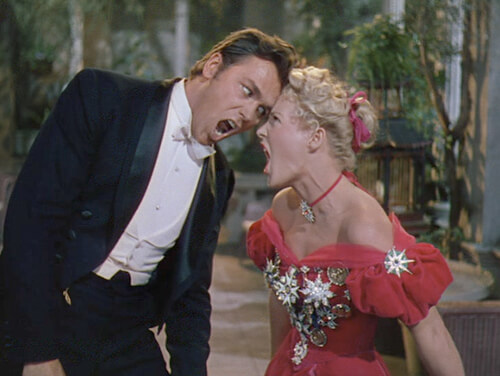 £29.50
£29.50Anything You Can Play (I Can Play Better) - Irving Berlin - Martyn Patterson
This Irving Berlin hit from 'Annie Get Your Gun' is the perfect way for two argumentative instrumentalists to battle it out on stage and provide your audience with the ultimate in entertainment. Bands and soloists of course can add their own choreography to add effect to this duet. The quibbling pair get to battle it out on who can play louder, quieter, slower, faster, higher, lower etc. all in good spirited fun. This title is the perfect choice for bands looking to add something special to their programme and works a treat in the concert hall or on the bandstand. One not to be missed. For 2 Bb instruments or 1 Bb & Eb instrumentalists
In Stock: Estimated dispatch 1-3 working days
-
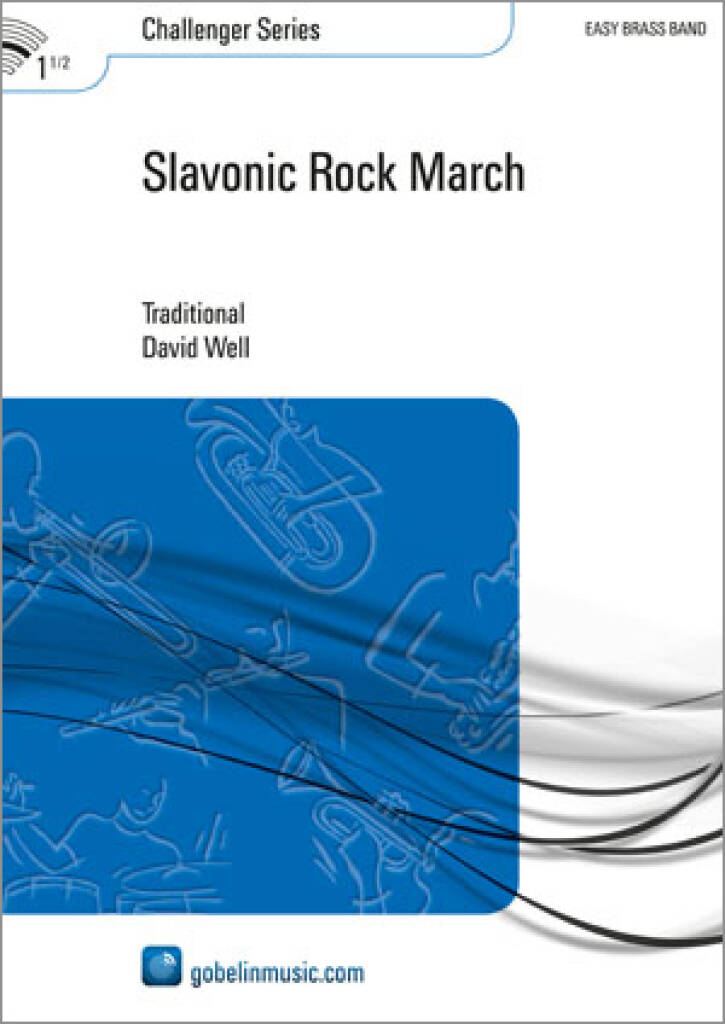 £54.99
£54.99Slavonic Rock March - David Well
According to his teachers, Pyotr Ilyich Tchaikovsky (1840-1893), was not particularly gifted. His special talents were acknowledged only in 1865 when he had been working for the Ministry of Finances for some years. In 1866 he was appointed teacher at the Conservatory and applied himself to composing. His oeuvre is fairly extensive and many of his compositions receive a high ranking on the international list of classical music, including his six symphonies, solo concertos (violin concerto and piano concertos), ballets (The Nut Cracker, Swan Lake), and his overtures (1812 and Romeo and Juliette). In 1893 Tchaikovsky died of Cholera after drinking a glass of infectedwater. His Slavonic March is a popular concert piece for symphonic orchestra that is still frequently performed in concert halls. David Well arranged the theme and created a contemporary march in rock style. Tchaikovsky once said to an unsatisfied teacher: 'I will be a great composer within 10 years time.'
Estimated dispatch 5-14 working days
